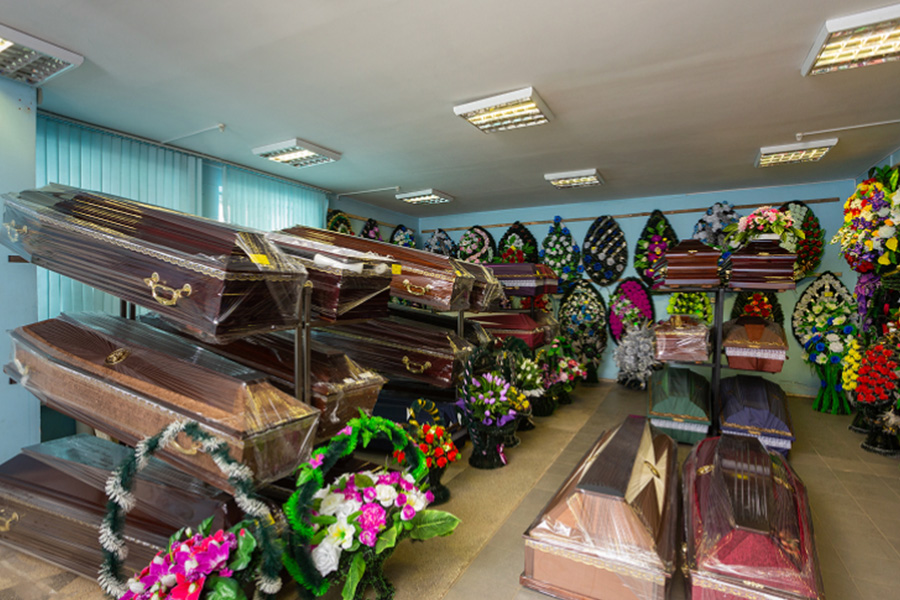
Behind the solemn music and quiet rituals lies a web of cultural nuances, administrative puzzles, unspoken costs, and ethical grey zones. Whether planning or dealing with a sudden loss, understanding the full picture of SG funerals can make all the difference. This guide sheds light on the lesser-known truths, expert insights, and essential considerations that could shape how you say goodbye meaningfully and wisely.
What Funeral Directors Want You to Know
Behind the solemn rituals, funeral directors emphasise proactive decision-making. This shapes everything from venue booking to speaker coordination and audio-visual equipment setup that many families overlook until it’s too late.
Another key insight concerns embalming and hygiene. Singapore’s NEA licensing mandates the use of purpose-built embalming suites and trained personnel, ensuring dignity and sanitation throughout the process.
Additionally, audiovisual tributes have a huge emotional impact. A well-curated slideshow or live stream can transform a basic farewell into a personalised ceremony where distant loved ones join in real-time.
And when it comes to selecting a venue, directors encourage families to think beyond corporate parlours. Smaller community centres or private funeral halls can create a more intimate atmosphere, aligning sincerity with practicality.
Behind the scenes, professionals note another tactic: early liaison with religious or cultural officiants guarantees no rushed decisions during the wake. Keeping these details organised before the service reduces stress and allows families to focus on personal moments, not logistics.
Cost, Culture, and Communication Gaps
Even well-established funeral parlours encounter scrutiny around pricing. Basic service packages may seem reasonable, but once floral arrangements, extended parlour time, premium coffins, catering, or streaming are added, costs can skyrocket. Some funeral providers have moved to publicise itemised pricing and discourage overtime mark-ups.
Culture wars also emerge when services combine rites from multiple religions. Without experienced coordinators, a funeral risking ritual overlap or misordered ceremonies can cause emotional distress, especially in traditional families. Funeral planners recommend clear communication about religious elements from the outset. Only then can directors choreograph ceremonies that are harmonious and reflective of personal beliefs.
Another tension point is virtual access. Families often request live streaming, but technical glitches or poor connectivity during the event can undermine this intended inclusivity. Clear technical setup, testing, and backup plans must be agreed upon early.
Numbers Behind Funeral Costs
The budget for a typical multi-day funeral in Singapore can reach S$4,000–S$6,000, covering venue hire, coffin, embalming, transport, officiants, and permits. But that doesn’t include catering, floral displays, or digital tributes, which can push the final total to S$7,000–S$9,000. Discussions confirm undertakers commonly cite final sums exceeding original estimates, particularly when memorial keepsakes are requested.
Even niche and cremation costs add up. These line items can surprise families who thought they were budgeting for a “standard” farewell. Hidden duration can also be a factor. Sleep-deprived mourners have shared how wakes extend late into the night, especially during festivals or weekends, exacerbating fatigue and expense.
Vertical Integration & Hidden Support Services
Here’s one often-unspoken fact: some funeral service providers operate their parlours, cremation liaison desks, transportation fleets, and embalming facilities, all internally managed to maintain quality and minimise external costs. Vertical integration offers smoother coordination, but families must still evaluate whether these services meet their quality and transparency standards.
Another hidden advantage is post-funeral emotional support. Some parlours include grief-care elements unnoticed at first: a condolence follow-up call, a guidebook on dealing with loss, and even access to grief counselling portals.
Sustainability is a quieter addition to modern services. Eco-friendly caskets crafted from bamboo or softwood reduced embalming fluid use, and carbon-offset ceremonies appeal to socially conscious families.
Fairness, Respect, and Cultural Integrity
Funeral ethics start with trust. Providers should hold NEA licensing and ideally AFD or CaseTrust membership, assuring compliance with safety, hygiene, and professional guidelines. Transparent pricing should come with written agreements outlining what’s included, what’s optional, and how cancellations affect refunds.
Fairness extends to cultural integrity. Families should expect their beliefs to be fully understood and observed. Translating rituals poorly or omitting key steps can cause emotional distress, transforming a moment of goodbye into one of regret.
Finally, consider the environment. Funeral parlours now face ethical calls to reduce carbon emissions, limit chemical use, and support tree planting or offsetting initiatives. Knowing these measures are available deepens alignment with family values and reframes farewell as an eco-conscious decision.
Plan SG Funerals With Purpose and Intelligence
Rituals around departure are evolving. Families want clear expectations, emotional support, cultural dignity, and eco-integrity. If you’re preparing arrangements or guiding someone else, start by verifying licensure, demanding transparent pricing, communicating cultural needs clearly, and requesting enriched support elements like live streaming, grief care, and environmental options. These deliberate steps transform a potentially overwhelming occasion into a healing milestone honoured with respect, clarity, and heartfelt connection.







